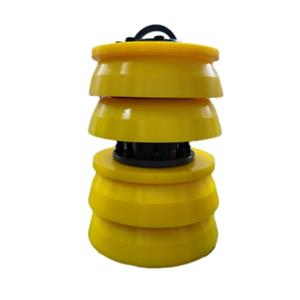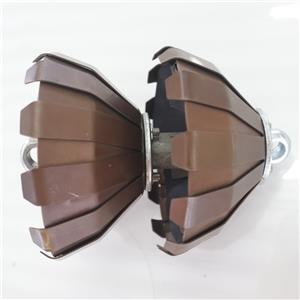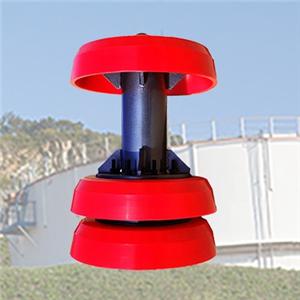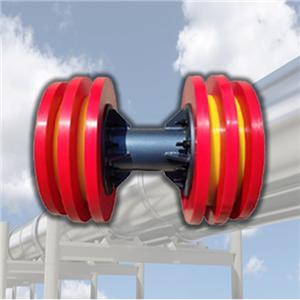Corrosion Probe EMT ER!
Quantity Required By Customer :3sets
Destination: America
Introduction
Definition of a Corrosion Probe
A corrosion probe is a specialized analytical instrument designed to assess and monitor corrosion rates on different metal surfaces. It is a crucial tool for early detection of corrosion.
Importance in Industrial Maintenance and Safety Corrosion probes play a vital role in industrial maintenance, ensuring the safety and integrity of equipment. They provide essential data that helps prevent catastrophic failures and maintain operational efficiency.
Brief Overview of the Role of Corrosion Probes in Preventing Equipment Degradation
Corrosion probes act as guardians against corrosion's destructive effects. Their continuous monitoring capabilities are crucial in preserving the health of industrial assets and preventing premature equipment degradation. Electrical resistance (ER) probes, for instance, measure changes in electrical resistance as corrosion progresses, providing insights into metal loss over time.
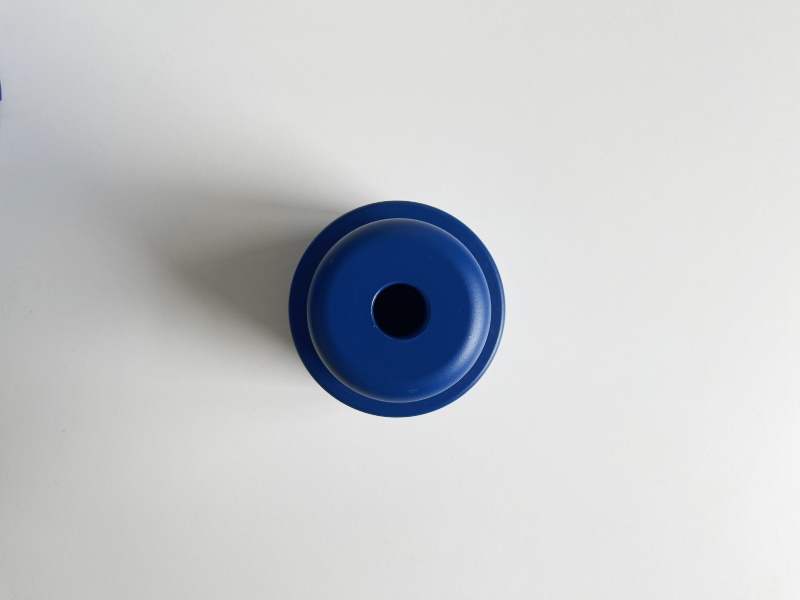
Linear Polarization Resistance (LPR) Probes
LPR probes determine corrosion rates by measuring the electrochemical polarization resistance, offering real-time feedback on corrosion processes.
Galvanic Probes
Galvanic probes exploit the electrochemical potential difference between dissimilar metals to monitor and evaluate corrosion rates.
Types of Corrosion Probes
Electrical Resistance (ER) Probes
Ultrasonic Thickness Probes
These probes utilize high-frequency ultrasonic waves to detect and measure variations in metal thickness accurately, reflecting the extent of corrosion.

